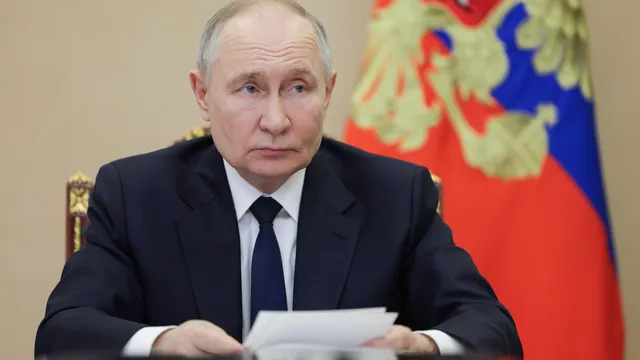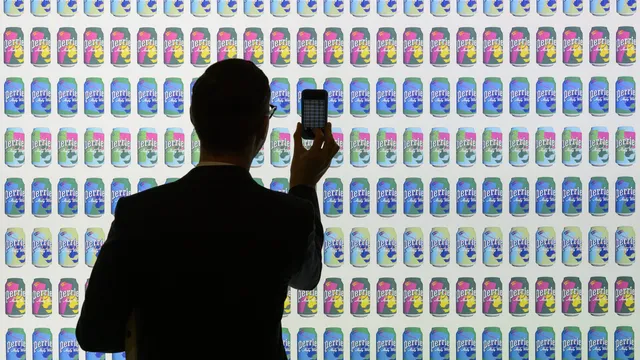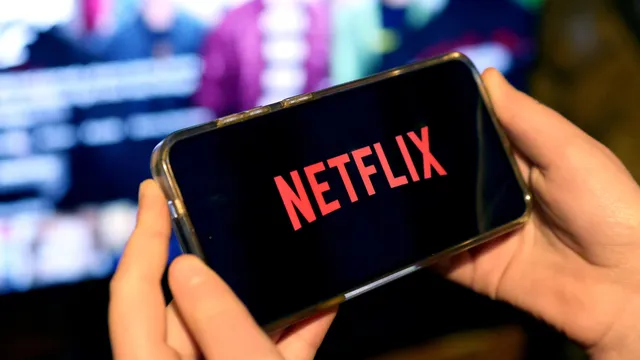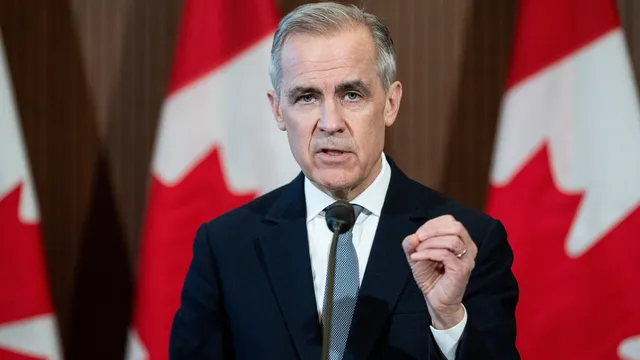Moscow's massive increase in spending on soldiers and weapons has helped it defy forecasts of a deep recession since it launched its military campaign in February 2022.
But the rapid growth has triggered high inflation and deep labour shortages in Russia, worrying the Kremlin.
The economy expanded 4.1% in 2024, Prime Minister Mikhail Mishustin told Russian President Vladimir Putin in a televised meeting, citing data from statistics agency Rosstat.
That's the same as the growth rate in 2023, Mishustin pointed out - revising a previous figure of 3.6 percent expansion for that year.
Putin welcomed the economic results, but ordered Mishustin to address the price increases.
"Overall, the result is good. The task for this year is to achieve a more balanced growth trajectory and to achieve a reduction in inflation," Putin stressed.
Mishustin said it was "absolutely clear that the main challenge is inflation," which reached 9.5% last year.
In recent months, rising commodity prices have become mainstream news in state media - usually uncritical of the Kremlin.
The price of butter rose 36% in 2024, Rosstat said, while overall food prices rose more than 11%.
Prices were boosted by a rapid increase in government spending in the face of the offensive in Ukraine.
State spending will be two-thirds higher in 2025 compared to 2021, before Russia's military offensive.
Last year, Putin said Moscow spends almost 9% of its GDP on defense and security.
Russian officials and economists say the economy will slow this year.
A central bank survey of analysts released this week showed expectations for a 1.6% expansion in 2025.
"Maybe next year there won't be such a significant growth of the economy, but it is very important to stop inflation," Mishustin told Putin.
After warning for months that it was "overheating," the central bank this week said growth would return to a "more sustainable pace."
It raised interest rates to a two-decade high of 21% in an attempt to rein in inflation and cool the economy, but rising borrowing costs have sparked anger among businesses and households.
The West hoped the sanctions would crash the Russian economy and hamper Moscow's ability to finance its military offensive.
According to the central bank, Russia's economy is now more than 6% larger than before the offensive.
Before sending troops to Ukraine, Russia faced nearly a decade of slow growth and falling living standards - suffering from sanctions and limited domestic spending after Moscow's annexation of Crimea in 2014 | BGNES

 Breaking news
Breaking news
 Europe
Europe
 Bulgaria
Bulgaria







